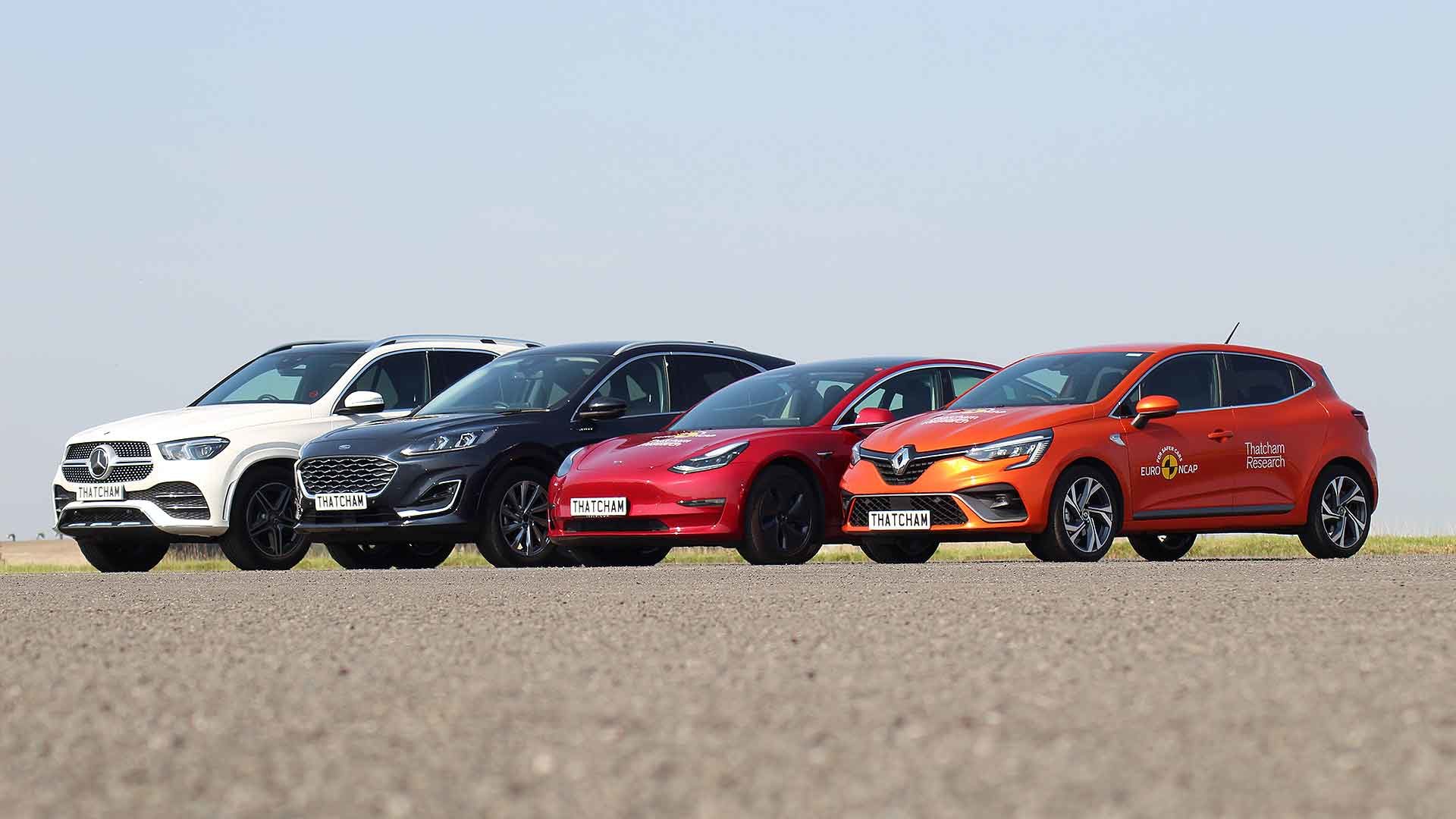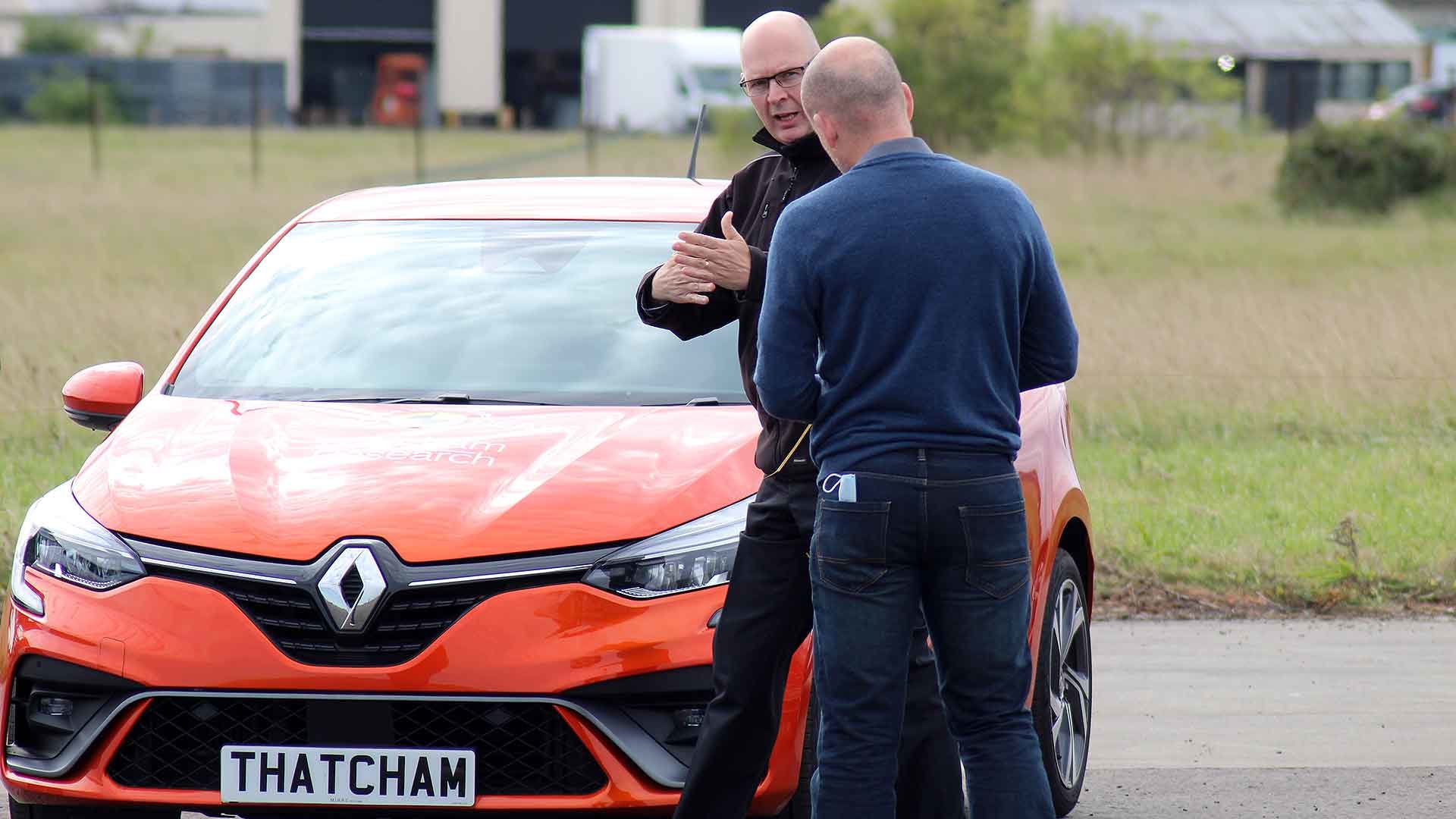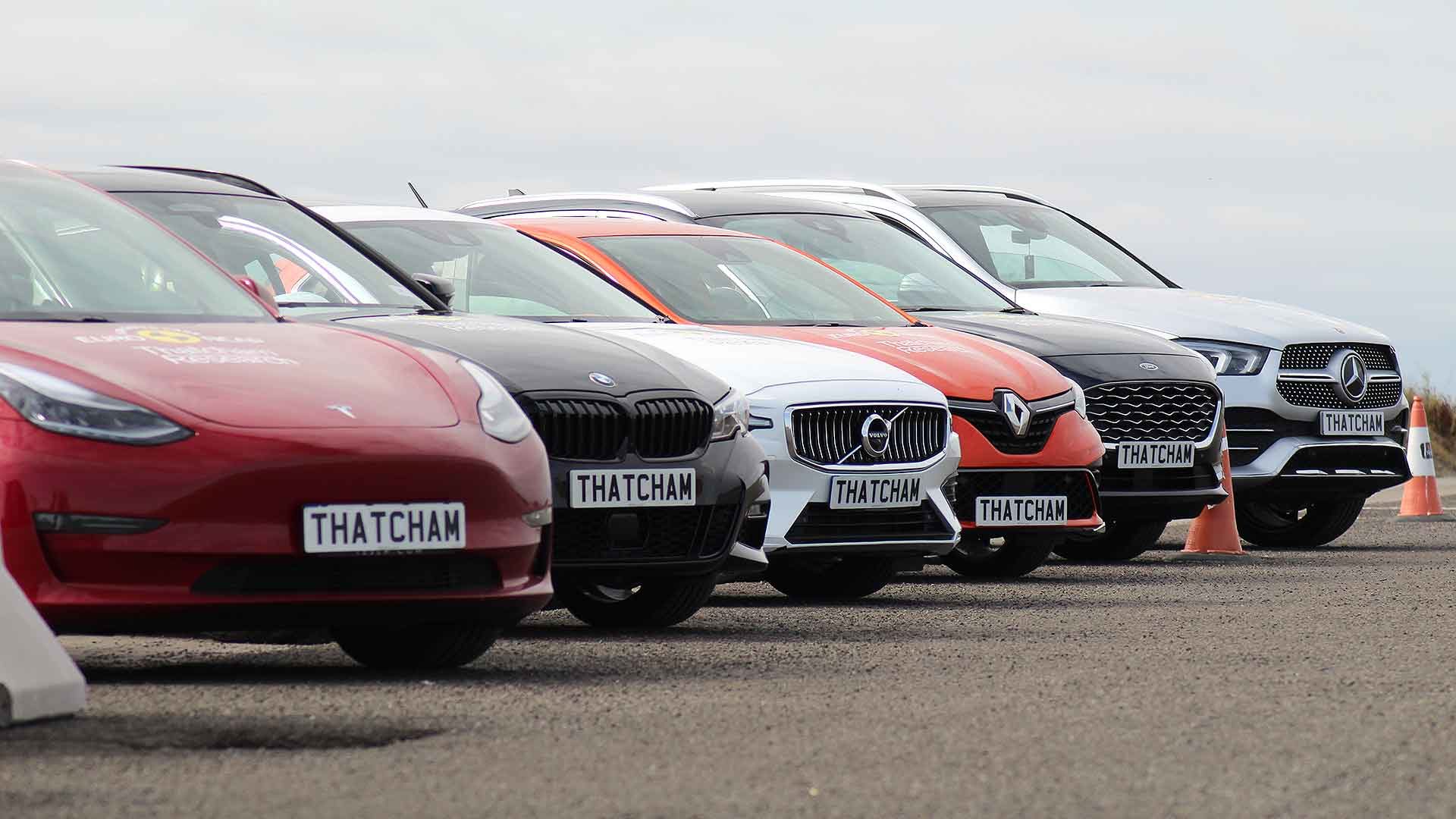
Euro NCAP and Thatcham Research have launched a new Assisted Driving assessment to help motorists understand what modern driver assist safety technology can – and can’t – do.
The Assisted Driving assessments sit alongside the traditional Euro NCAP safety star ratings.
Vehicles are awarded one of four grades: Very Good, Good, Moderate or Entry.
The tests emphasise the ‘driver assist’ aspect: no system on sale today can legally offer autonomous driving or ‘self-driving’ functionality.

“The system that are currently allowed on our roads are there to assist the driver – but do not replace them,” said Thatcham director of research Matthew Avery.
“Unfortunately, there are motorists that believe they can purchase a self-driving car today.
“This is a dangerous misconception.”
There have already been collisions and deaths caused by motorists who don’t understand the limitations of current systems and assume they are more ‘auto-pilot’ than they actually are.
Assisted Driving explained
The Assisted Driving test grades the speed assistance, steering assistance and adaptive cruise control ‘safety packs’ now coming as standard or as options to many new cars.
For example, Toyota fits Safety Sense to the new Yaris as standard; Volkswagen offers Travel Assist and Ford sells a Co-Pilot 360 pack.
The aim is to support, or assist, the driver on long journeys, with speed control, lane-keeping and braking.
This reduces fatigue, one of the biggest causes of road collisions.
Three criteria are rated: Vehicle Assistance, Driver Engagement and Safety Back-Up.
Vehicle Assistance rates how well the systems actually work, both in controlling speed and accurately assisting the steering.
Safety Back-Up looks at what happens in an emergency, such as when a sensor fails or the driver becomes unresponsive.
Driver Engagement is the most interesting category. This assesses how clearly the assisted status is communicated to the driver, and how well the driver is monitored (with, for example, attention monitors).
In addition, these criteria also rates the car firm’s consumer marketing material – marking down makers who make inflated claims about the true ‘autonomy’ of their systems.

2020 Assisted Driving tests
The first Assisted Driving tests have assessed 10 vehicles. The star performer is the Mercedes-Benz GLE, with a well-balanced set of scores across all three categories.
The BMW 3 Series and Audi Q8 were also given Very Good scores.
However, while the Tesla Model 3 received outstanding scores in Vehicle Assistance and Safety Back-Up, it scored just 36 points in Driver Engagement.
Tesla was criticised for calling its system ‘Autopilot’, which is “inappropriate as it suggests full automation.
“The Tesla Model 3 excels in the level of Vehicle Automation but fails to balance that high level of support with a similar level of Driver Engagement, leading to possible overreliance.
“The best systems strike a good balance between the amount of assistance they give to the driver and how much they do to ensure drivers are engaged and aware of their responsibilities behind the wheel.”
Assisted Driving 2020 rankings
Very Good
Mercedes-Benz GLE: 87%
BMW 3 Series: 86%
Audi Q8: 81%
Good
Ford Kuga: 76%
Moderate
Volkswagen Passat: 68%
Tesla Model 3: 65%
Nissan Juke: 62%
Volvo V60: 60%
Entry
Renault Clio: 52%
Peugeot 2008: 50%
ALSO READ
Blanket motorway tolls planned for Europe